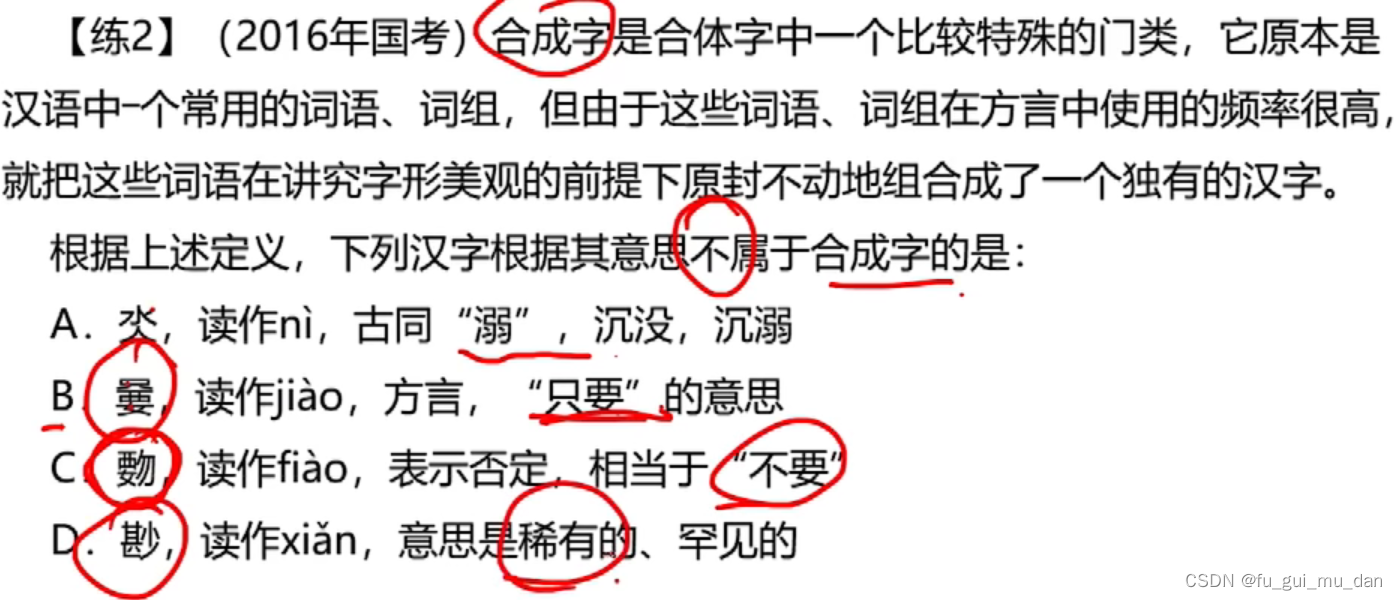编写一个程序,从键盘上读入一个小于1000的正整数,然后创建并输出一个字符串,说明该整数的值。例如,输入941,程序产生的字符串是“Nine hundred and forty one”。
#include<stdlib.h>
#include<string.h>
#include<stdio.h>void split_number(int n, int* digits, int* count);void split_number(int n, int* digits, int* count) {int i = 0;while (n > 0) {digits[i++] = n % 10;n /= 10;}*count = i;}int main() {char unit_to_word[][6] = { "one", "two", "three", "four", "five", "six", "seven", "eight", "nine" };char ten_to_word[][8] = { "ten", "twenty", "thirty", "forty", "fifty", "sixty", "seventy", "eighty", "ninety" };int digits[4];int count;char strNum[100];int num = 0;printf("Please enter an integer less than 1000 and greater than 0\n ");int result = scanf_s("%d",&num);split_number(num, digits, &count);if (count == 1) {char* str = unit_to_word[digits[0]-1];strcpy_s(strNum, str);}else if(count == 2){char* str = ten_to_word[digits[1]-1];strcpy_s(strNum, str);strcat_s(strNum, " ");if (digits[0] != 0) {strcat_s(strNum, sizeof(strNum), unit_to_word[digits[0] - 1]);}}else{char* str = unit_to_word[digits[2]-1];strcpy_s(strNum, str);strcat_s(strNum, " handred ");if (digits[1] != 0) {strcat_s(strNum, " and ");strcat_s(strNum,sizeof(strNum), ten_to_word[digits[1] - 1]);}strcat_s(strNum, " ");if (digits[0] != 0) {strcat_s(strNum, sizeof(strNum), unit_to_word[digits[0] - 1]);}}printf("The number you entered is converted to English is:\n %s\n\n", strNum);return 0;}



